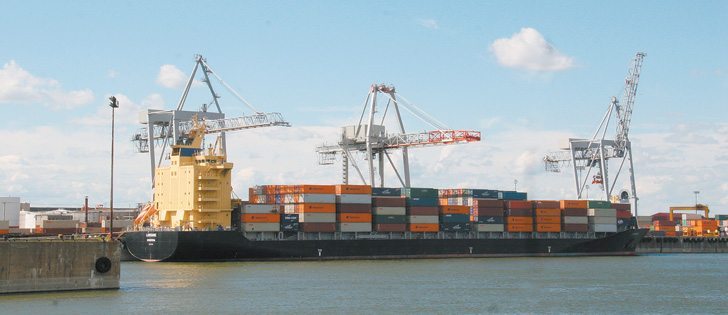Pacific NorthWest Economic Region Agenda includes discussions on transportation, tourism, biofuel and oil and gas development
Saskatchewan agriculture minister Lyle Stewart has targeted agriculture as a priority for the organization as he becomes president of the Pacific NorthWest Economic Region executive committee.
Stewart is the first Saskatchewan official to head the organization since the province joined PNWER in 2008.
“We need to do some things that, I think, will promote Saskatchewan within the region,” said Stewart.
“I’d like to do some things around giving agriculture a higher profile.”
PNWER members consist of public and private sector representatives representing Alberta, British Columbia, Saskatchewan, the Yukon and Northwest Territories and five northwestern states.
Read Also

Budget seen as fairly solid, but worrying cracks appear
The reaction from the agriculture industry to prime minister Mark Carney’s first budget handed down November 4th has been largely positive.
Members were in Saskatoon last week for the organization’s annual summit, where officials discussed a number of cross-border trade issues.
“We’ve all seen situations where contentious issues have been resolved or mitigated by good relations between premiers and governors and I think we need to encourage that and this can be a forum for that,” said Stewart.
The summit’s agenda included discussions about transportation, tourism, biofuel and hot-topic issues such as oil and mining development. As well, several initiatives sought to more closely align Canadian and American regulations that govern agricultural production.
Delegates were given updates on the work of the Regulatory Cooperation Council, an initiative formed from a 2011 partnership between Canada and the United States.
Working groups are operating under that banner, identifying ways the countries can work together and reduce redundancies in several industries.
In agriculture, groups are identifying ways to align the approval of crop protection products and establish maximum pesticide residue limits and tolerances in both countries and develop approaches to managing the spread of invasive species and disease across borders.
Other groups are working to align the submission and review processes for veterinary drugs and streamline certification requirements for cross-border shipments.
Stewart was previously vice-president of PNWER’s executive committee, which supports electronic certification for livestock crossing the border. It argues that the use of electronic records will reduce costs and processing time.
“It’ll take some time, but e-certification is a quick and easy way to identify livestock at the border and it will facilitate streamlined trade and cheaper and more efficient cross border movement of livestock,” said Stewart. “So, yes, it’s something we want to pursue.”














